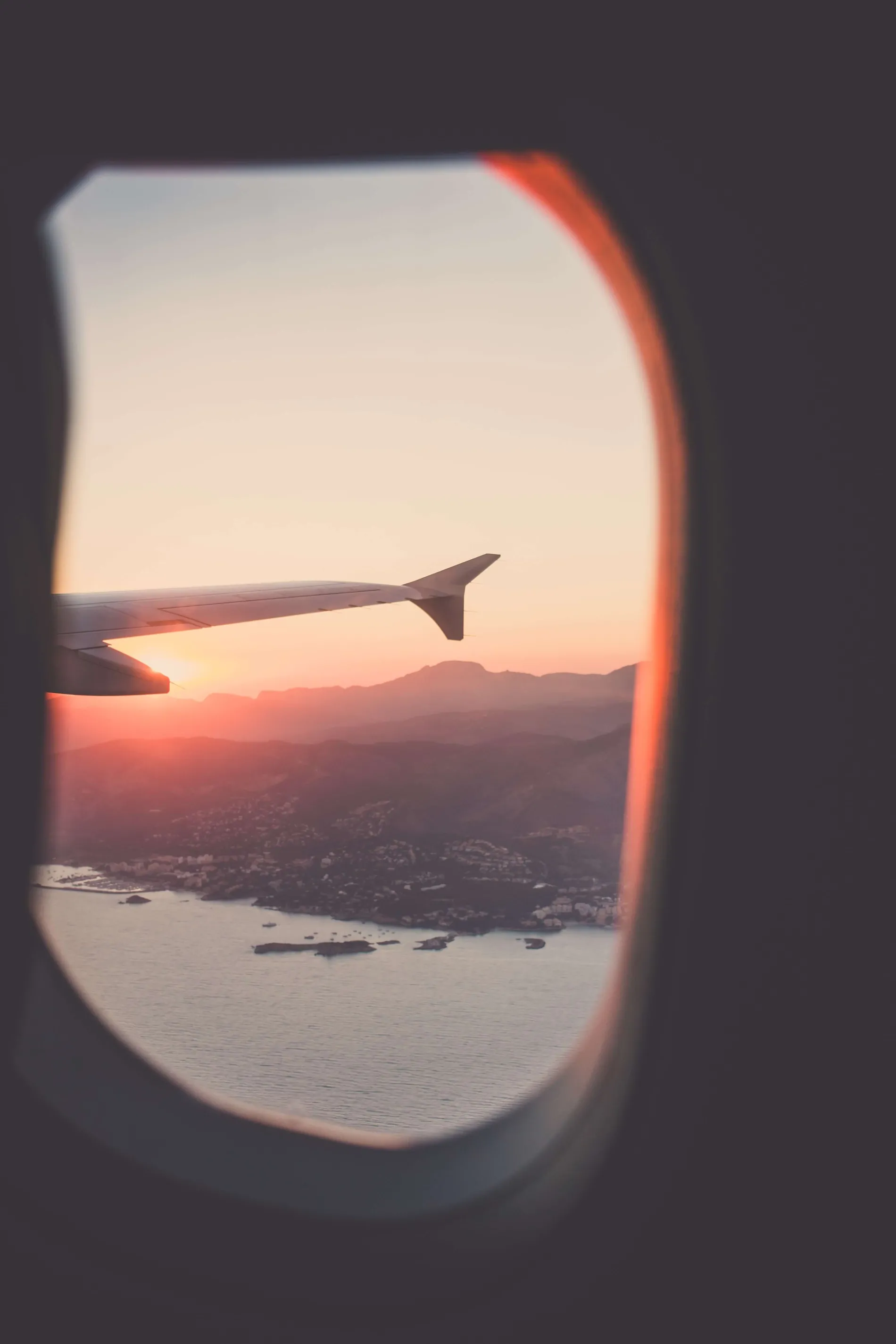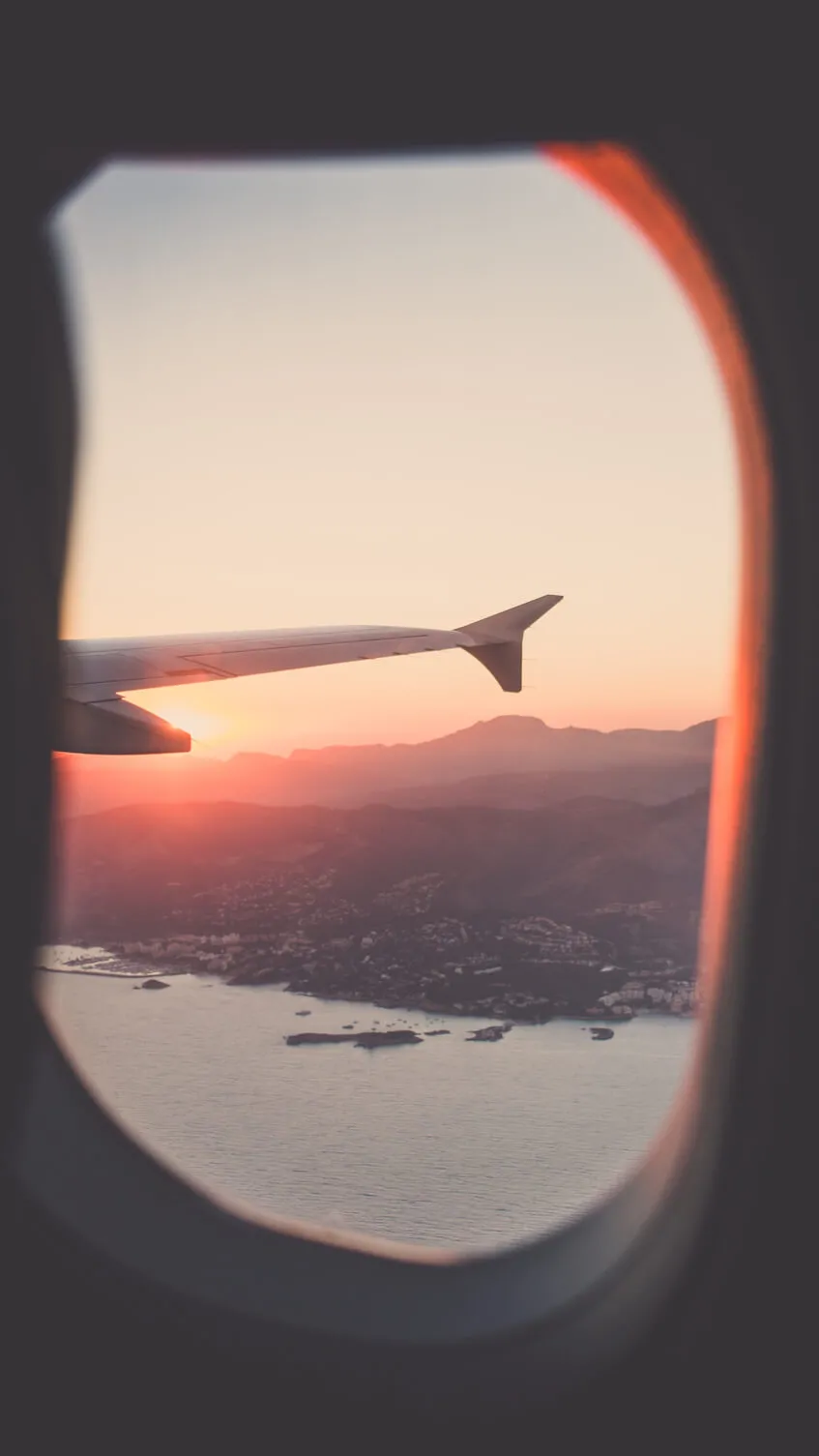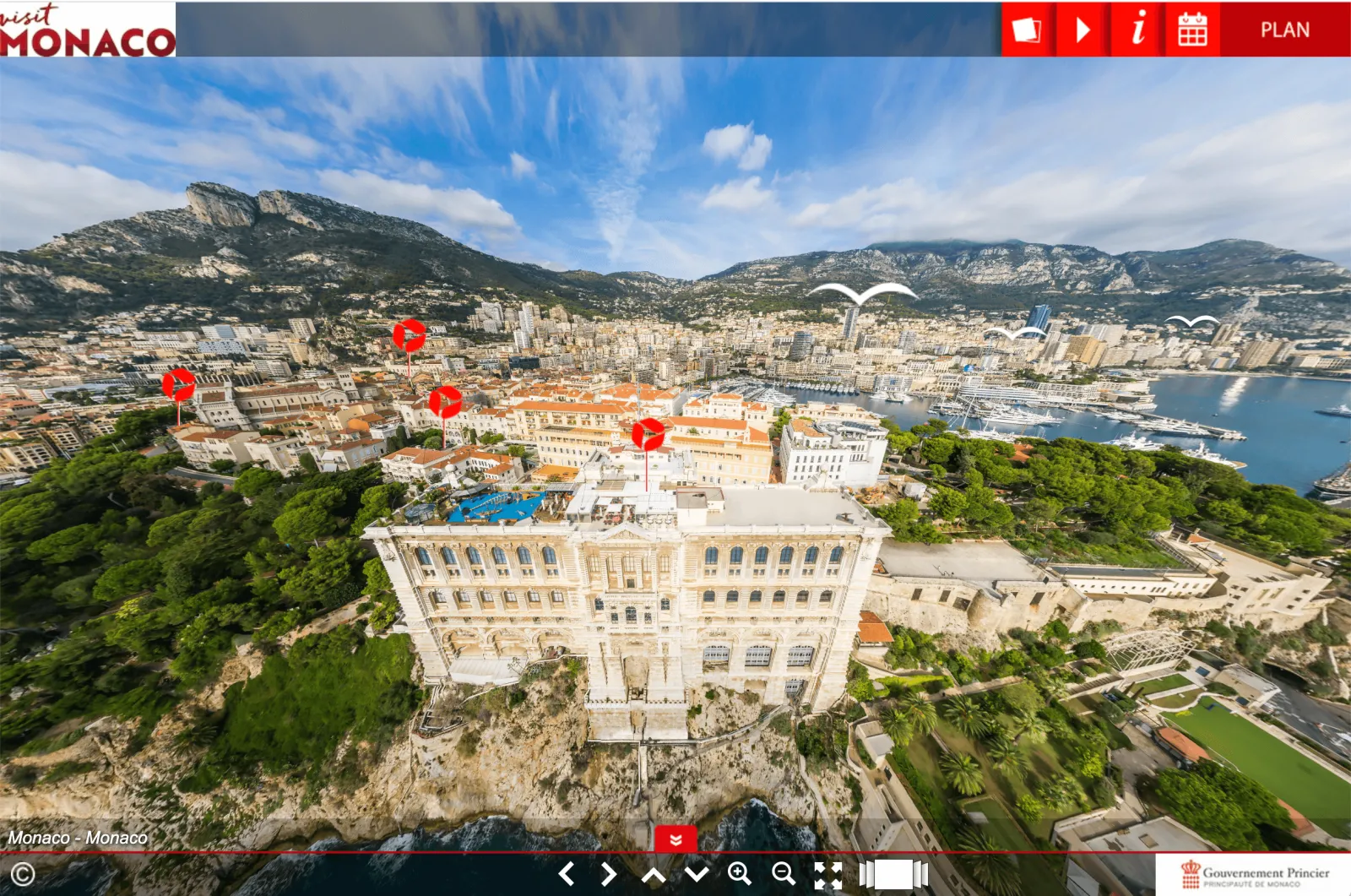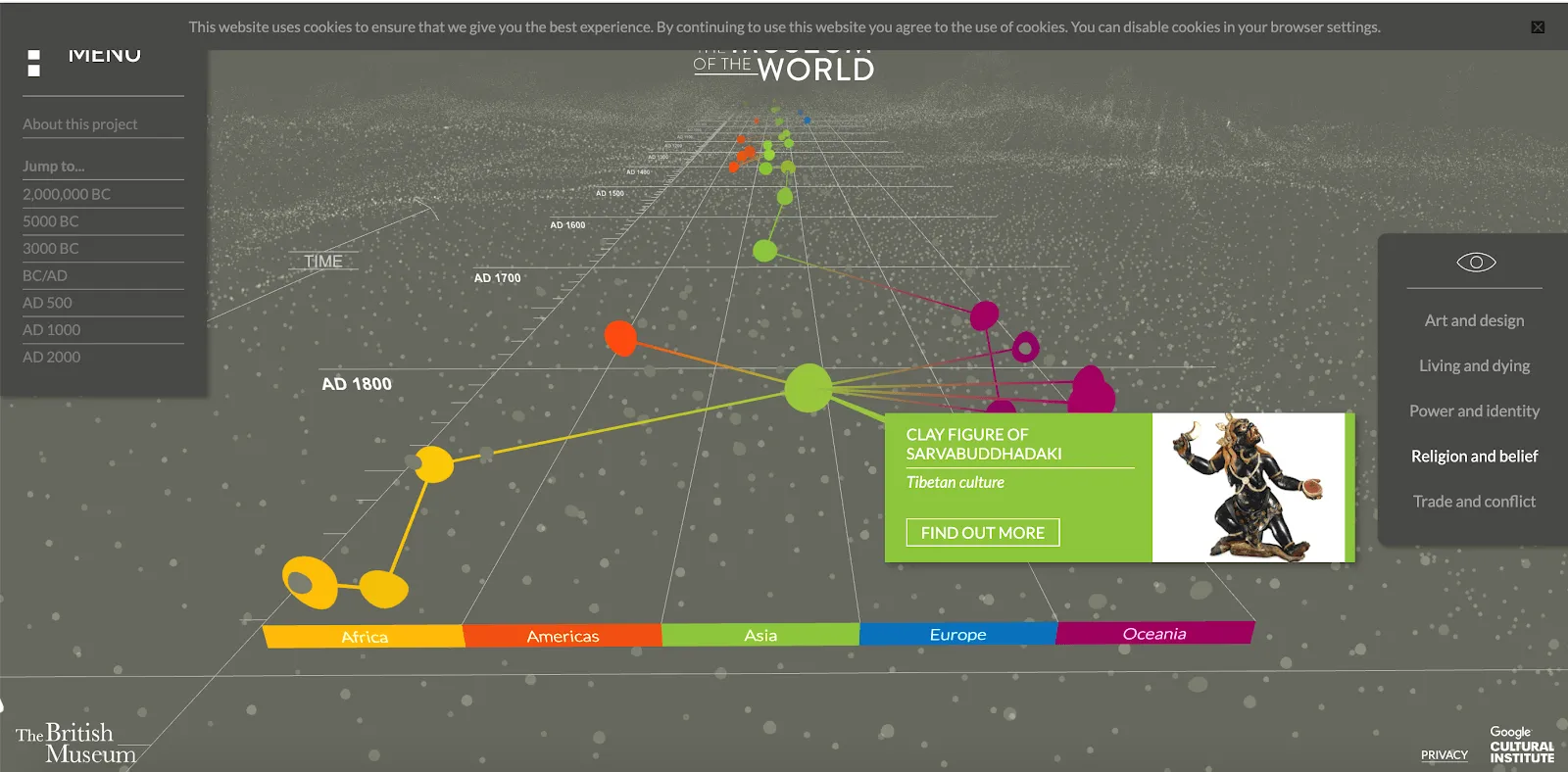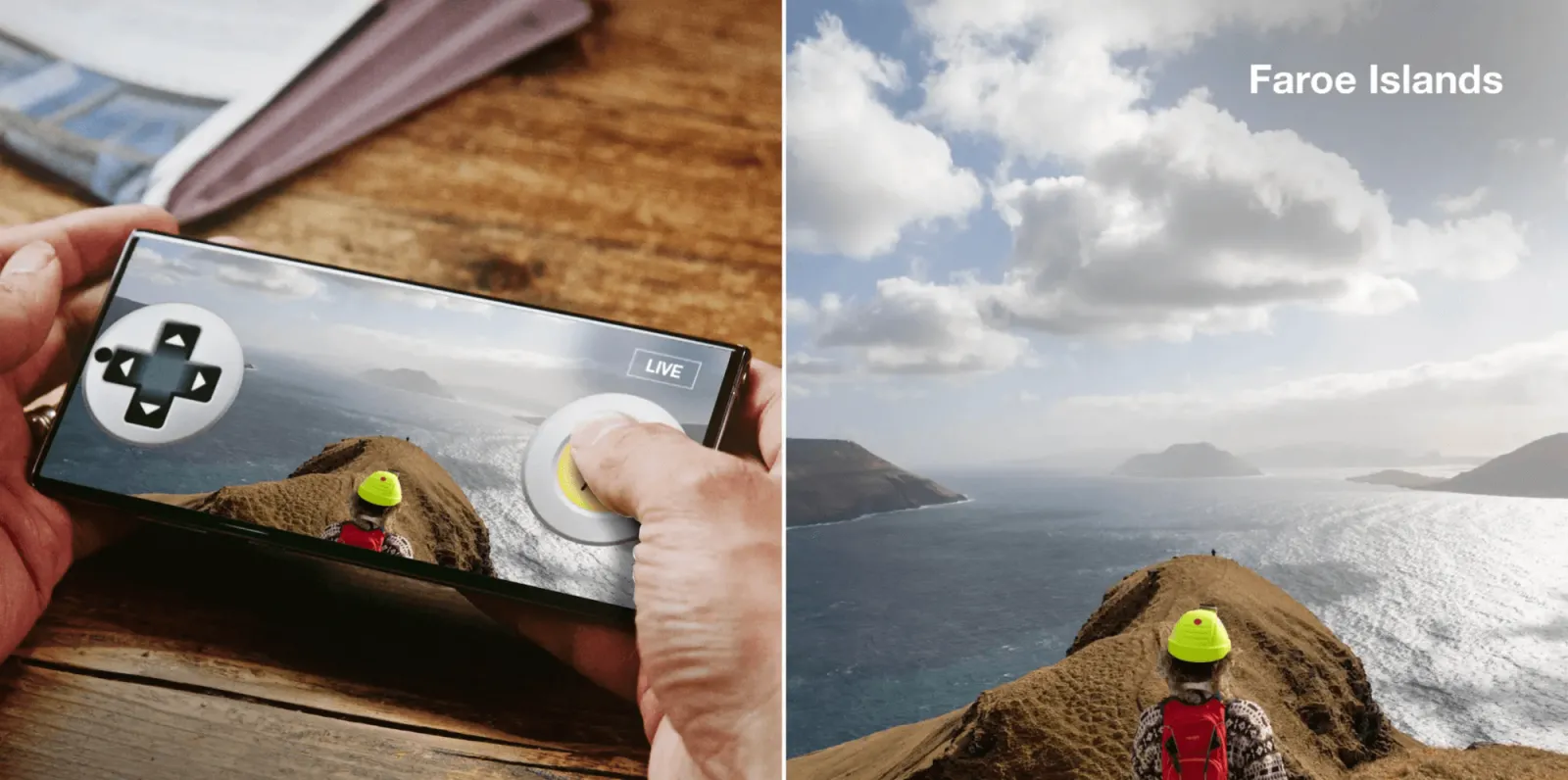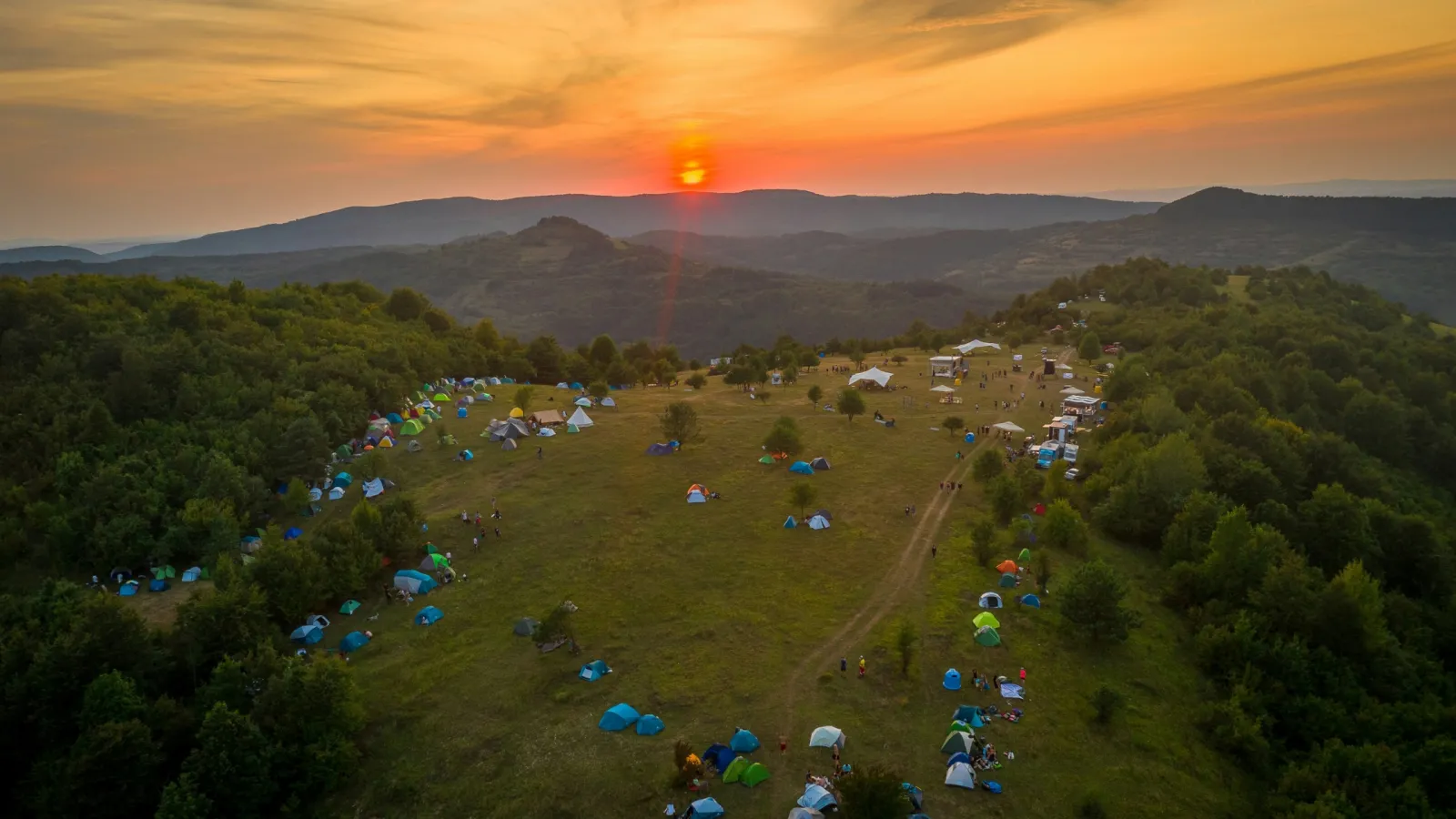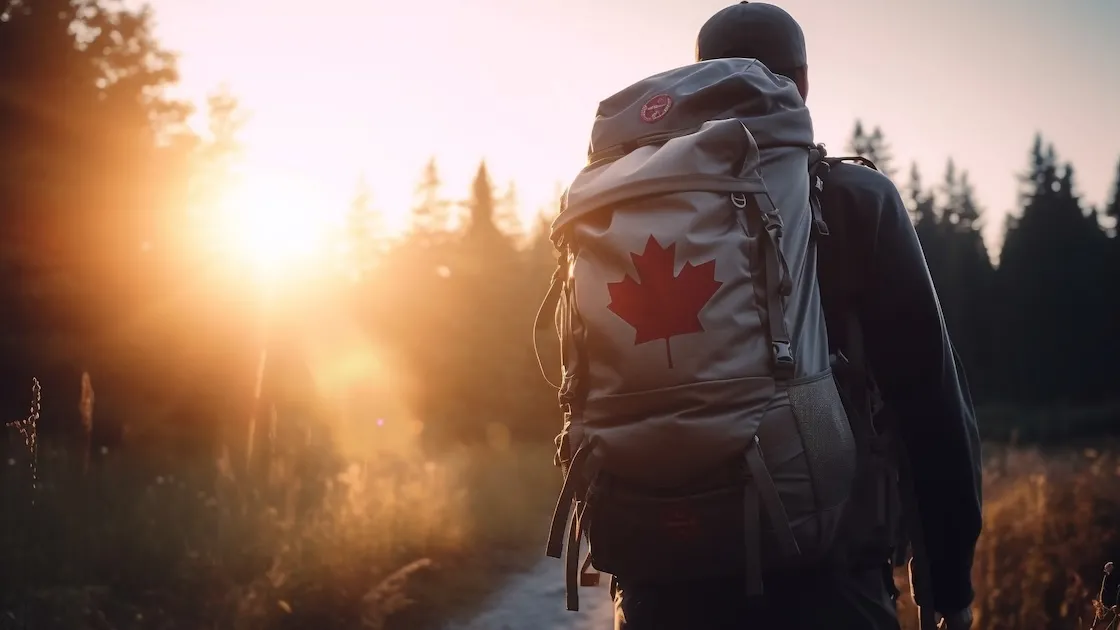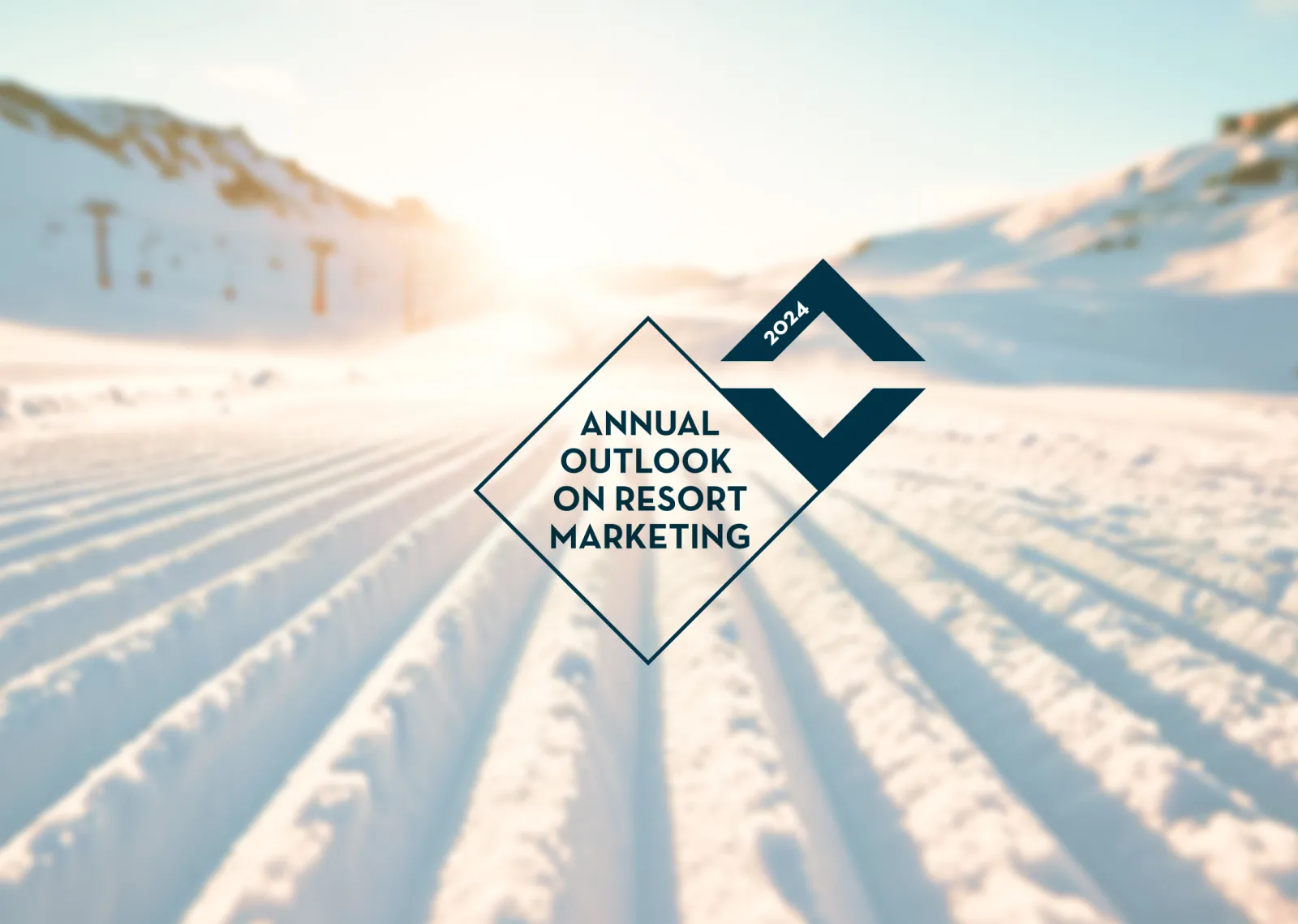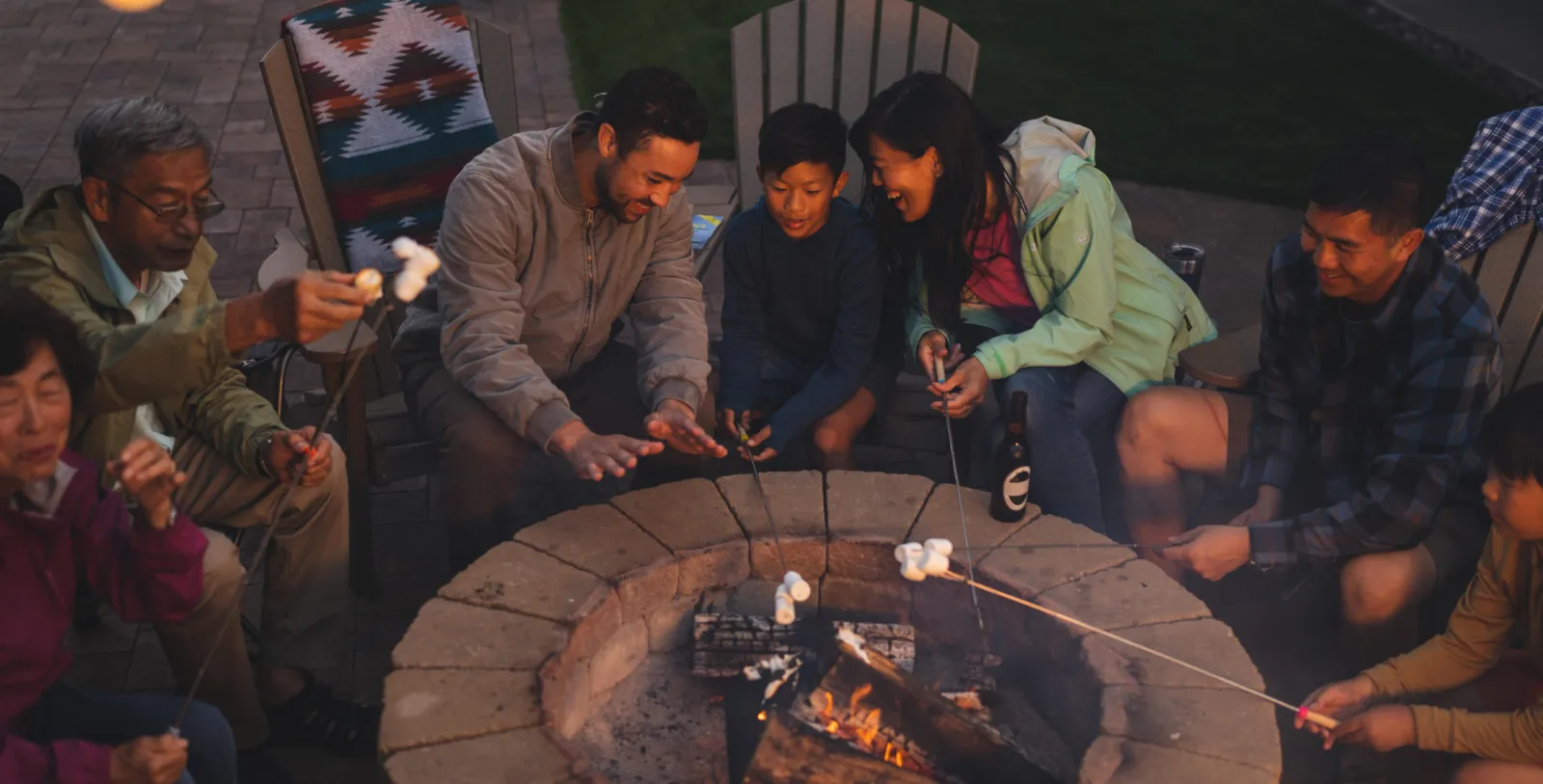Experience anticipation and what it means for travel
Quarantine has taken its toll on mental health. While we’re now entering a phased approach to reopening, it is not without its psychological implications. However, while most are still reconciling with the past few months, we are also beginning to feel a collective restlessness. Still cautious, but prepared to dream again of what future travel plans or vacations might look like; where we might go and what we might experience.
The good news is that these dreams are not just a form of escapism. They are every traveller’s subconscious attempt to regain a scientifically proven sense of happiness one feels when planning their next vacation.
This is most likely because, in truth, we’re futurists. Which is probably why the weight of anxiety fell upon us in the last months when the future was nothing more than (and to an extent still is) a chaotic mass of uncertainties. On average, we are programmed to think about the future nearly three times more than the past or present, everyday. And while this can often be a cause of anxiousness, this future-mindedness can also be a source of great joy, especially when we are anticipating an exciting future experience.
Put into the context of travelling; trip planning = joy.
A 2010 study published in the journal of Applied Research in Quality of Life cited that the anticipation around planning one’s trip and the act of planning can make you happier than the trip itself. In fact, the effect of vacation anticipation boosted happiness for two months prior to a trip while post-vacation joy lasted merely two weeks upon return.
So why is the build-up almost as joyful as the payoff? Trip planning not only piques our imagination and keeps our minds interested in the novelty of the future experience, but provides a sense of comfort and reduces anxiety in the present. Planely, we thrive in making sense of uncertainties.
Beyond playing into our future-mindedness, trip planning also fulfills our immediate need for social connection. As we sit here, remote, restless, and socially distant, we are actively searching for opportunities to connect with others. And the truth is that as humans, we end up talking more about our experiences, or future experiences, then material purchases (with the potential exception of backcountry enthusiasts and their ski quivers).
How organizations are keeping the dream alive
In the wake of travel coming to a grinding halt, many organizations have sought to provide temporary armchair travellers with the resources to feel a sense of immersion, pique their future travel interests, and continue planning through virtual experiences.
The Monaco Tourism Board debuted their newest Miss You campaign with a 360°, immersive VR experience which allows dreamers to explore and learn from bucket-list sites.
In London, The British Museum teamed up with Google Cultural Institute to create an online experience which allows potential visitors to discover the part of the museum’s collection and learn from museum curators.
Perhaps one of the most remarkable responses to providing armchair travellers with the tools to dream again is from Visit Faroe Islands. While their small community was one of the first to shut its doors to tourism during COVID-19, it was also one of the first to create an alternative solution to keep people involved in their trip planning process. Their remote tourism tool allows virtual visitors to guide a GoPro-equipped local around the islands, with a Visit Faroe Islands team online in real time to answer any questions.
From MOMA to the Great Wall of China, DMOs and tourism organizations are finding solutions to help keep us informed and interested in checking off their destinations from our future travel bucket-lists.
And they’re met with intrigue. While we know travel trends are inevitably going to change post-COVID-19 and flying may take a backseat for the time being, dreaming continues on. While we work through this next phase of restlessness, we can find both joy and a sense of relaxation in planning our next trip-far or near.
